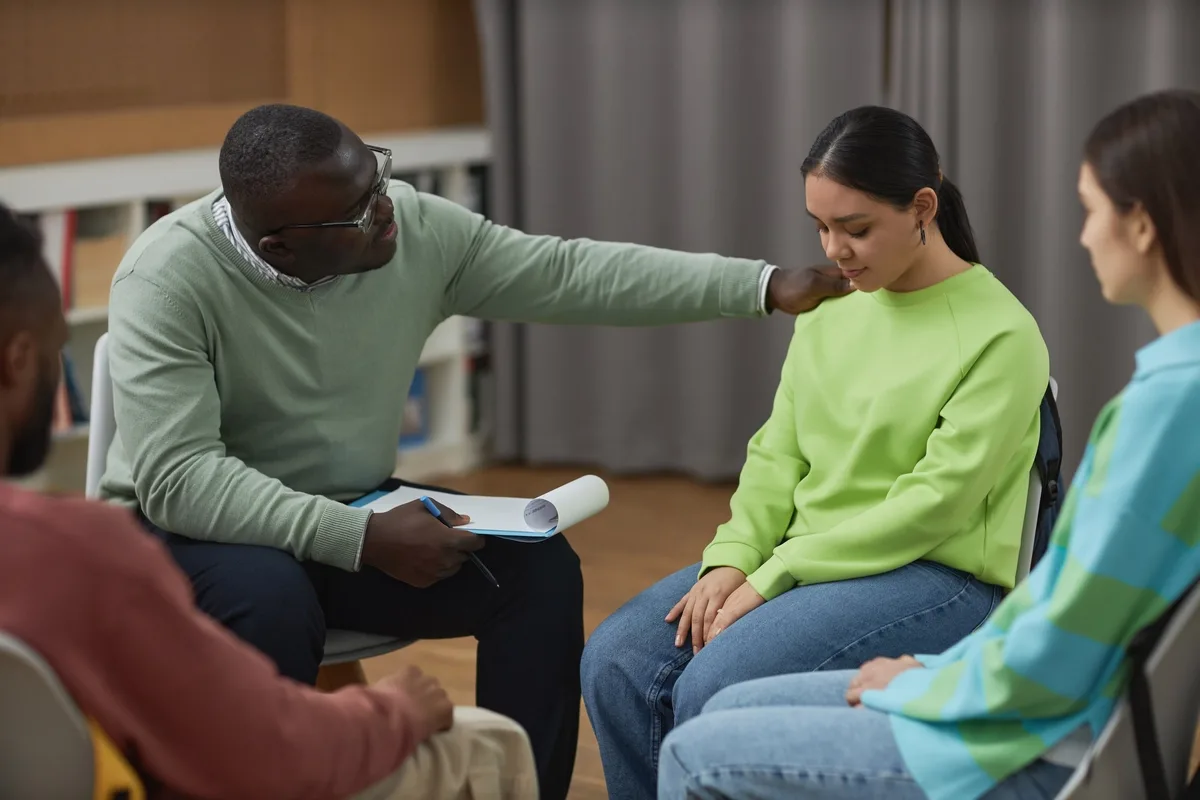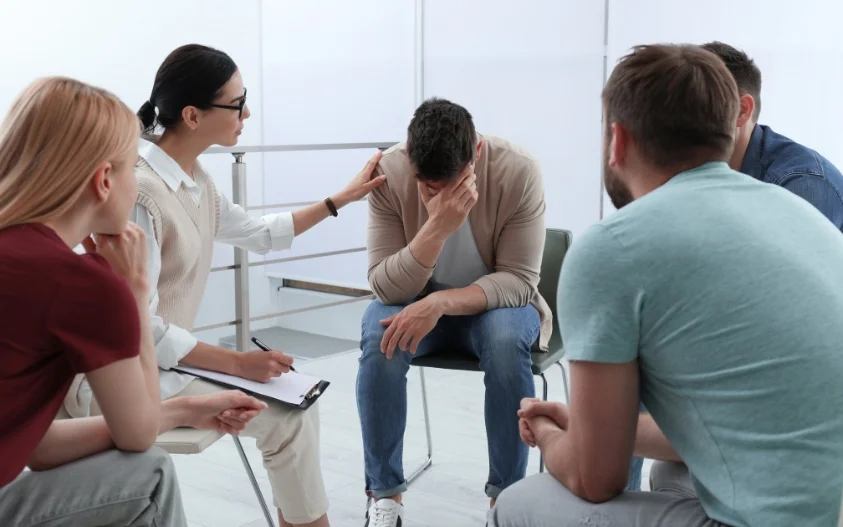24/7 Helpline:
(866) 899-221924/7 Helpline:
(866) 899-2219
Learn more about Medication-assisted Treatment centers in Red Wing
Medication-assisted Treatment in Other Cities

Other Insurance Options

CareSource

Carleon

Kaiser Permanente

Excellus

Magellan

UMR

Horizon Healthcare Service

American Behavioral

Self-pay options

EmblemHealth

Highmark

Optum

Group Health Incorporated

Access to Recovery (ATR) Voucher

MVP Healthcare

Anthem

Sliding scale payment assistance

Amerigroup

MHNNet Behavioral Health

CareFirst


Wenden Recovery Services
Wenden Recovery Services is a private rehab located in Red Wing, Minnesota. Wenden Recovery Services...

Common Ground Treatment
Common Ground Treatment is a private rehab located in Red Wing, Minnesota. Common Ground Treatment s...





































































Southern Highlands CMHC
Southern Highlands CMHC is a private rehab located in Welch, West Virginia. Southern Highlands CMHC ...

Southern Highlands Community Mental Health Center
Southern Highlands Community Mental Health Center offers regular physician's services, OBMAT, DUI cl...

















































